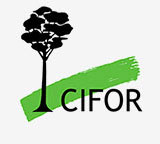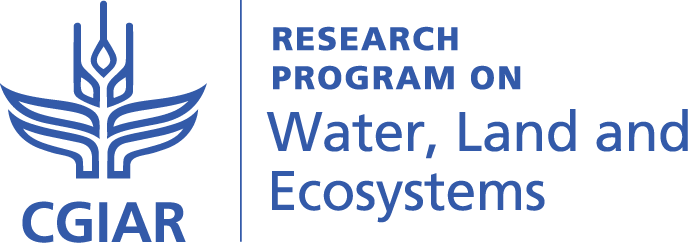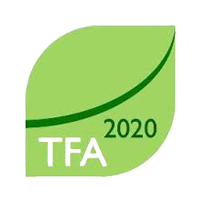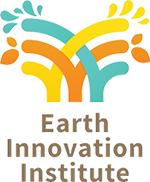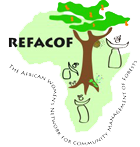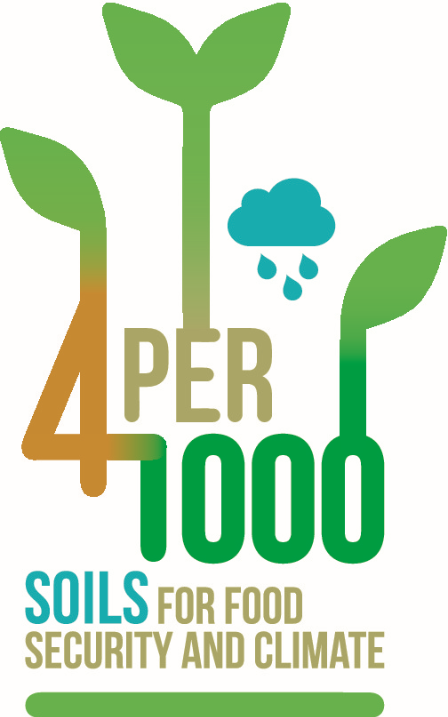Description:
With the Paris Agreement signed, it is now time for countries to develop aggressive strategies for implementing their national climate action plans. Land use is included in 114 of the 162 INDCs/NDCs submitted, but many countries currently lack the information or technology to effectively monitor and evaluate their lands in real-time. Lack of access to both technology and information acts as a barrier to designing climate-friendly interventions, evaluating potential effectiveness of proposed policy actions, and understanding how individual country actions are contributing to global goals.
This session will explore a number of innovative tools designed around the latest technologies to support the environment for years to come, specifically highlighting potential technological solutions to the above challenges. Significant emphasis will be placed on demonstrating how these products can be used in different and unique ways to answer land use problems that stakeholders around the world regularly face.
Forum speakers will introduce a variety of forest monitoring tools designed for governments, companies, and civil society that aid in connecting broad, global climate and development policy goals with concrete and measurable activities occurring at the landscape level. The discussion will also highlight the innovative technologies used to make these products function—from satellites to cloud computing—as well as the accessible interfaces that allow for user-friendly engagement of complex technologies. Audience members will gain a deeper understanding of how these applications can be used to answer real-life questions about land use management, conversion, planning, and more.
Key questions addressed
- Which technologies are we able to use in monitoring land use and land change?
- How can these products be used to answer real-life issues and questions?
- What are some of the key next steps or improvements to these tools?
Background reading


